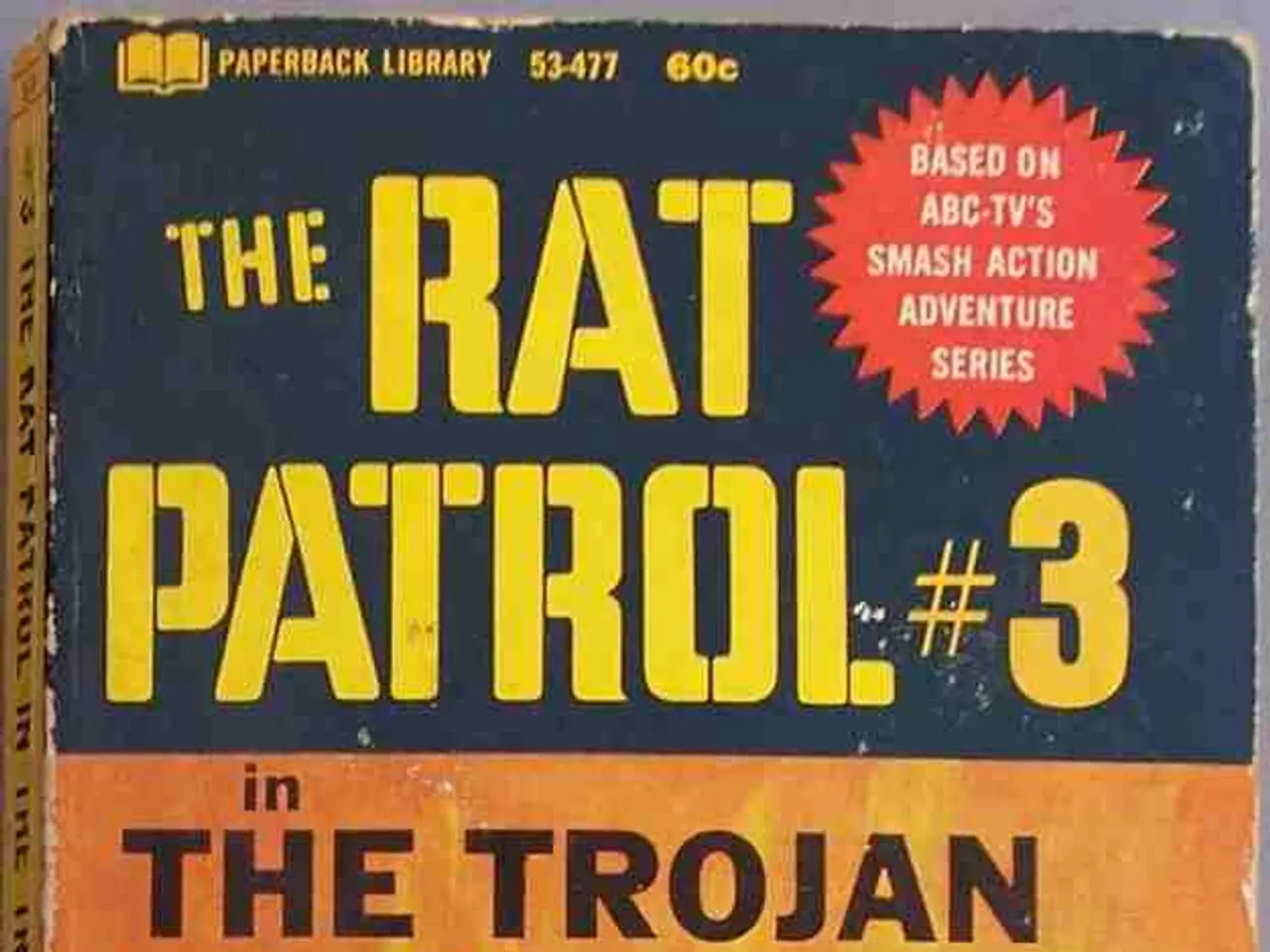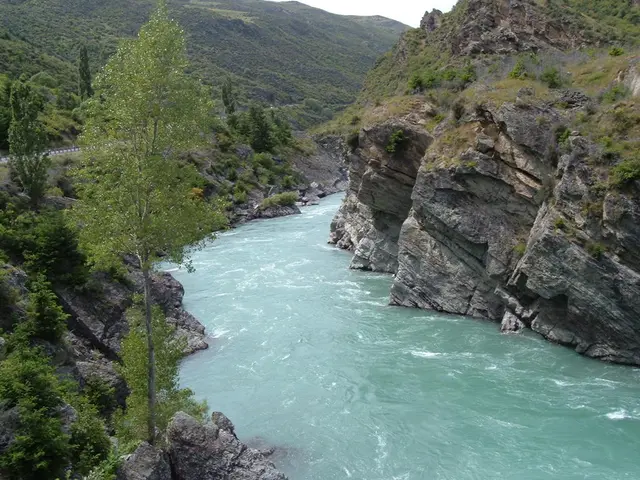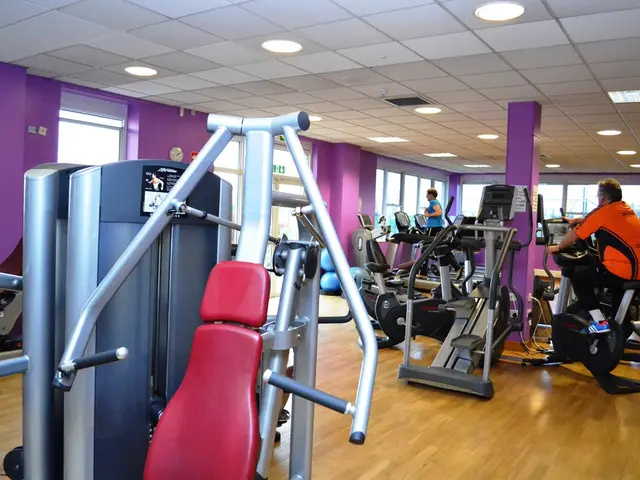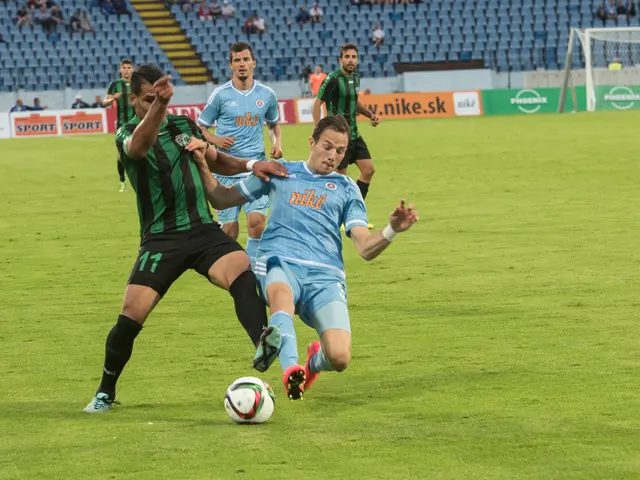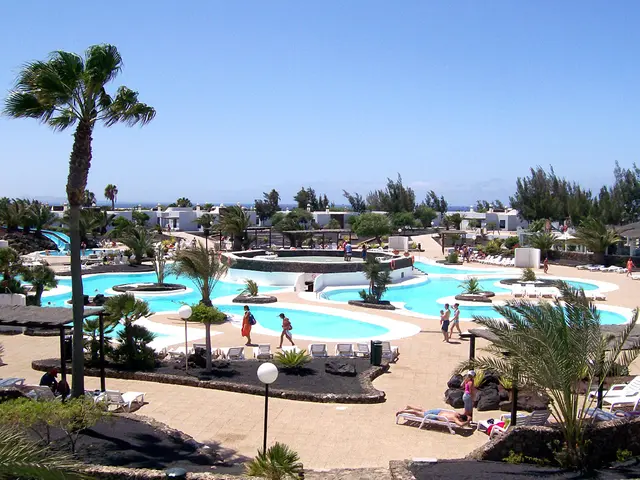U.S. Battleship Deployment to South America and Venezuelan Response Examined
The United States is increasing its naval presence off Venezuela's coast as part of a broader effort against drug trafficking in the region. According to Adm. Daryl Caudle, the Navy's new chief of naval operations, U.S. ships are heading into waters off South America to support "Venezuelan operations and missions" related to drug cartels.
This deployment includes three amphibious assault ships, which would bring more than 4,000 sailors and Marines into the waters off Latin America. The move has been met with mixed reactions, with some seeing it as a necessary step to combat drug cartels, while others view it as a potential escalation of tensions.
Venezuelan President Nicolás Maduro has rejected the drug trafficking accusations from the U.S. and insisted that Venezuela is "free of coca leaf crops and free of cocaine production." Maduro also called on Venezuelans to join a volunteer militia to assist the armed forces in case of attack, following the U.S. deployment of ships off Venezuela.
Christopher Sabatini, a research fellow at the Chatham House in London, suggested that the deployment, the Tren de Aragua's designation, and the recent doubling of a bounty for Maduro are parts of the White House's strategy to satisfy Venezuela's opposition and "scare maneuver" high-level government officials into defecting. However, Sabatini also criticized opposition leaders for "cynically manipulating people's hopes" and falling into the trap that an invasion is imminent.
The ruling party in Venezuela has claimed the militia's membership to be above 4.5 million, but support for the government has plummeted, and millions have migrated. Opposition leader Maria Corina Machado, recognized by the U.S. and others as the legitimate winner of the 2024 election, thanked Trump administration officials for their approach towards Venezuela and called for change. Machado also posted on social media that Venezuelans had "disobeyed" the government by not showing up to militia recruitment events.
The U.S. government's decision to designate Venezuela's Tren de Aragua, MS-13 in El Salvador, and six groups based in Mexico as foreign terrorist organizations has further strained relations between the two countries. Venezuela's United Nations Ambassador Samuel Moncada asked Secretary-General Antonio Guterres to call on the U.S. government to stop "all its hostile actions and threats" and respect Venezuela's sovereignty and territorial integrity.
Meanwhile, the government has scheduled enlistment events for Friday and Saturday for the volunteer militia. The shooting at a Minneapolis Catholic school, which killed 2 children and injured 17 people, serves as a stark reminder of the need for action against violence and crime, regardless of its origin.
